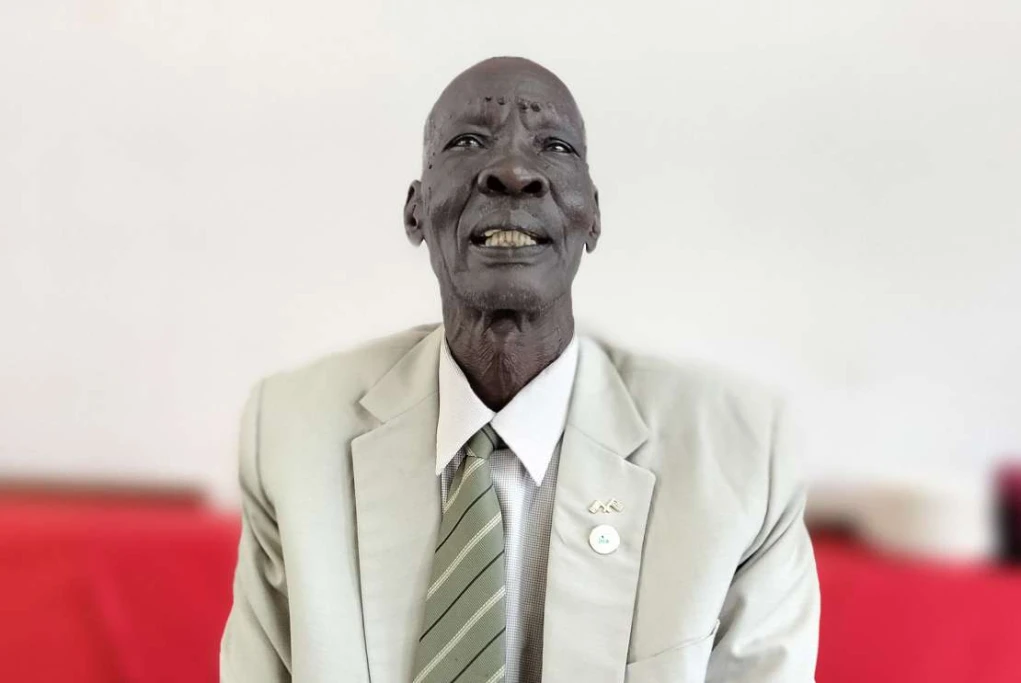
The Secretary General of the National Election Commission, Yoannes Amum, has asked the public to take precautionary measures as the country embarks on unprepared electoral process.
The official says there are important elements of the elections that are not in place which may return the country back to war if not approached carefully.
“This election is tied to peace in this nation. The people who want to go to contest in that elections were in conflict some months back. So, when you are approaching these elections, you must approach it carefully and diligently so that this nation does not go back to turmoil and suffering,” Amum argues.
Amum stated that the country had jumped three terms of elections due to war and lack of democratic elements to carry out free, fair and credible process.
“We have been put there to conduct elections but every now and then, things change. We were supposed to go for elections in 2015 but conflict erupted and people went to war. Then again, they signed another agreement and we were supposed to go for elections in 2018 but again the war erupted in 2016. So we kept on extending.”
After the 2015 peace agreement failed in 2016, President Salva Kiir and his rival deputy Dr. Riek Machar again signed the revitalized peace agreement to address the root causes of the 2013 and 2016 conflicts.
According to the 2018 peace agreement, the country was supposed to go for general elections in February 2022 but by February, the parties had only implemented 27% of the deal due to a drag in its implementation.
As a result, the parties agreed to extend the transitional period by 24 months and developed a roadmap to give a time-bound guidance to implement the remaining provisions of the peace agreement. The country now expects its first-ever general elections in December 2024 as outlined in the roadmap matrix.
However, Amum believes that the country is likely to continue extending the process if the key elements for democratic process are not put in place.
“As the commission, we are just like somebody who cooks food for others. If those elements of foods are not brought, people will not eat. So, when we are preparing for elections, there fundamental elements that we should get first,” he explains.
These elements include the permanent constitution, census, reconstituted bodies, electoral laws, and civic education on elections.
Amum advised that the country should have opted “to build the strong foundation of democracy in South Sudan” by conducting first the census “so that when you go to draw the constituencies, you will use the population size”.
“It is the population size that will tell you that this place deserves to be a national constituency or state constituency. But now, it’s not there,” he underscores.
He said an attempt to use the 2008 census will complicate the process.
“What will you use to draw the geographical constituencies? If we go back to 2008 census, it’s overdue. Some people have died, some have moved away, and those who were 10 years old have now grown. So, it’s a very complicated situation. We would have opted to go for the census,” he argues.
The government had asked the United Nations Mission in South Sudan to help in elections preparations which the UN agreed too do but many concerns such as repatriation and resettlement remain unattended to.
Many South Sudan still remained in refuge in neighboring countries and over 2 millions internally displaced persons are still in protection of civilians of sites (POCs) and UN camps.
“You can be displaced as an individual but when you are displaced as community, this is where the problem lies. People are displaced as communities and so, they move with all their belongings. How will you consider them?” Amum asks.